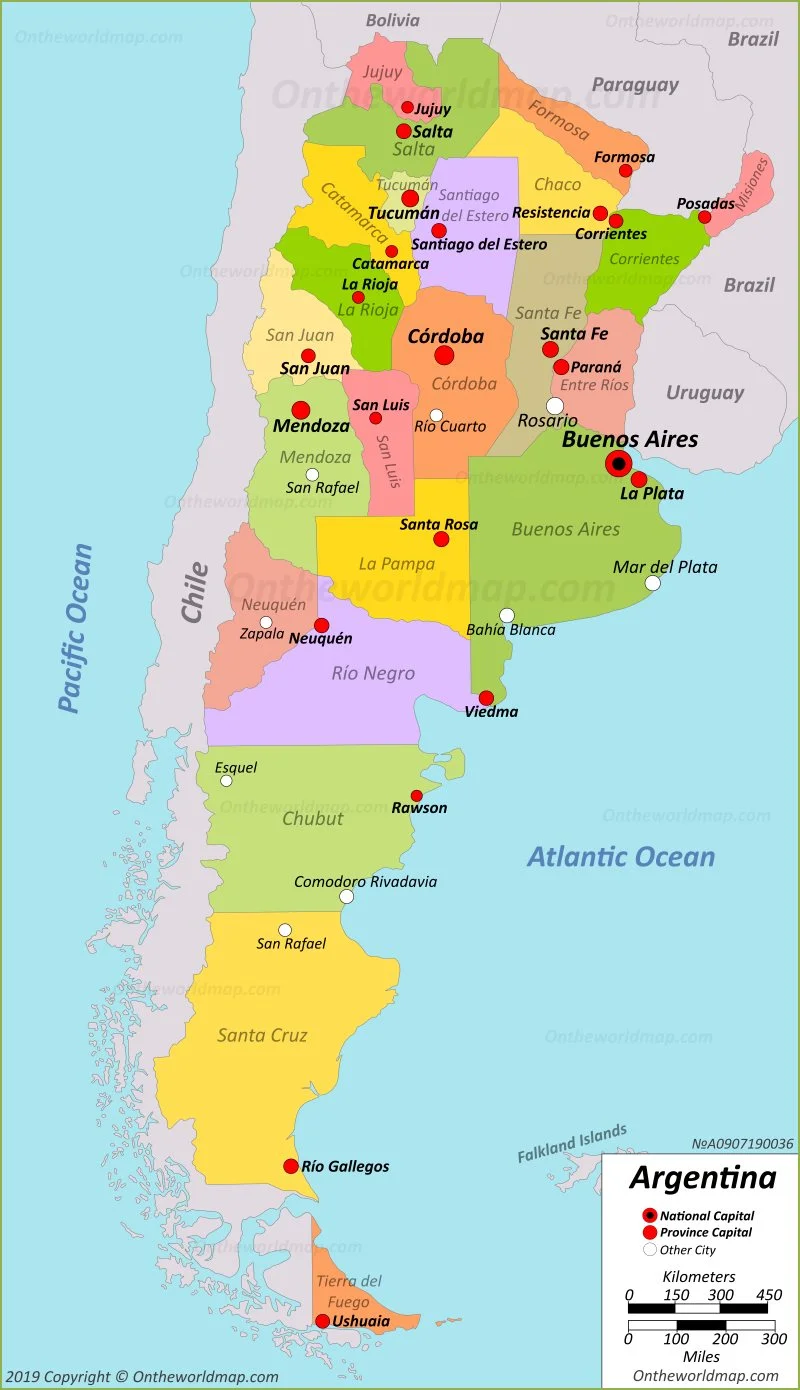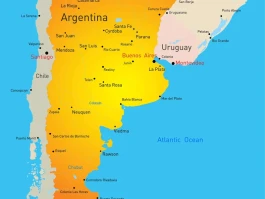Let’s be real for a second. The circus is in town, and its main attraction is a 5'7" Argentinian who has both a national team and a billion-dollar MLS franchise pulling at his limbs like he’s some kind of human Stretch Armstrong. The official event is a soccer match—Argentina vs. Venezuela at Hard Rock Stadium. But nobody’s talking about the game. The only question on anyone’s lips is: "Will he or won't he?"
I’m talking, of course, about Lionel Messi. The entire spectacle is a masterclass in modern sports absurdity. You’ve got Argentina, the reigning World Cup champs, playing a glorified friendly that means absolutely nothing for their qualification. Then you’ve got Inter Miami, a club that was basically irrelevant until they signed him, clawing and scratching for a playoff spot. And stuck in the middle is Messi, whose hamstrings are probably the most discussed muscles on the planet right now.
The managers, Lionel Scaloni for Argentina and Javier Mascherano for Miami, are playing it "coy." Give me a break. "Coy" is PR-speak for "We have no idea what our meal ticket wants to do, and we're terrified of pissing him off." They stand in front of microphones, their faces a perfect mask of managerial concern, talking about player welfare while the accountants in the back are sweating bullets, running calculations on ticket sales and TV ratings based on one man's decision. It's a joke.
A Million-Dollar Question in a Ten-Cent Game
This whole situation is less about sport and more about asset management. Messi isn't just a player anymore; he's a traveling economy. His presence in Miami is a financial stimulus package for the entire MLS. His presence on the national team is a matter of sacred, non-negotiable pride. So, we get this ridiculous tug-of-war. It’s like watching two parents who hate each other fight over who gets the kid for the holidays, except the kid is a 30-something global icon and the holidays are a meaningless friendly in the humid Miami night.
The odds are a joke: Argentina -750. Venezuela is at +1500. This isn't a competition; it's a foregone conclusion. A glorified training session with stadium lighting and overpriced beer. So why the drama? Why the national-level anxiety over whether Messi plays 60 minutes or sits on the bench? Because the game itself was never the product. Messi is the product. The chance to see Messi is the product. The fans who bought tickets aren't paying to see Argentina; they're paying for a papal audience with the god of soccer.
And what if he doesn't play? The powers-that-be have a backup plan, a little narrative they can spin. They’ll tell us it’s a chance to see the "next generation," trotting out some kid like Nico Paz. He’s a 21-year-old from Como with four caps and no international goals. He might be a great player one day, who knows. But let's not pretend anyone in that stadium paid to see him. He's the understudy being pushed onto the Broadway stage after the star called in sick. It’s a bait-and-switch, and we’re all just supposed to smile and clap.

But does anyone stop to ask what the man himself actually wants? Is he tired? Does he feel a pull of loyalty to the club that’s building a dynasty around him, or to the country that he finally led to the promised land? Or is he just a guy caught in a vortex of obligations, trying to make everyone happy while his body is screaming for a break?
The Ghost of a Schedule
As if the Miami drama wasn't enough, the logistical planning for Argentina’s tour looks like it was mapped out on the back of a cocktail napkin. Their next match, a friendly against Puerto Rico, was supposed to be at Soldier Field in Chicago. Thousands of fans, many of whom probably don't have a lot of disposable income, likely bought tickets, booked travel, and got their hopes up. And then? Poof. Cancelled.
Just like that. Ticketmaster just flips a switch, and the event vanishes. The rumor now, according to the Miami Herald, is that the game will be moved to Tuesday at Chase Stadium, conveniently right there in Messi's backyard. It’s just poor planning. No, 'poor' doesn't cover it—this is a complete and utter disregard for anyone who isn't in Messi's immediate orbit. The message is clear: the fans are not partners in this experience; they are consumers to be managed. Their plans, their money, their passion—it's all secondary to the convenience of the main attraction.
They just expect fans to pivot on a dime, and for what... Another maybe? Another coin-flip on whether the star player feels up to it? This ain't about building the sport or connecting with the fanbase. It's about maximizing revenue while minimizing inconvenience for the asset. The whole operation feels soulless and transactional. The national team, which should be a source of pure, unadulterated pride, is being run like a cynical touring company for a rock star.
And we're all just supposed to accept it. We're supposed to be grateful for whatever scraps they throw our way. A 20-minute cameo? A wave from the bench? The honor of just being in the same building? It’s insulting. Offcourse, the machine will keep churning because as long as he can still kick a ball, people will pay. But at what point do you erode all the goodwill that makes this sport special in the first place? What happens when the magic is gone and all that's left is the marketing plan?
So, What's the Real Game Here?
Let’s drop the pretense. This isn't about soccer. It’s not about national pride or club loyalty. It’s about the Messi Industrial Complex, a global entity that answers to no one but its own bottom line. The clubs, the national federations, the leagues—they aren't institutions anymore; they're just temporary custodians of the brand. They get their turn with the golden goose and are expected to squeeze out as many golden eggs as possible before passing it along. The fans are just the price of admission. We're the background noise, the sea of faces that provides the aesthetic for the TV broadcast. The real game is played in boardrooms and marketing meetings, and it's a game we'll never be invited to watch.

